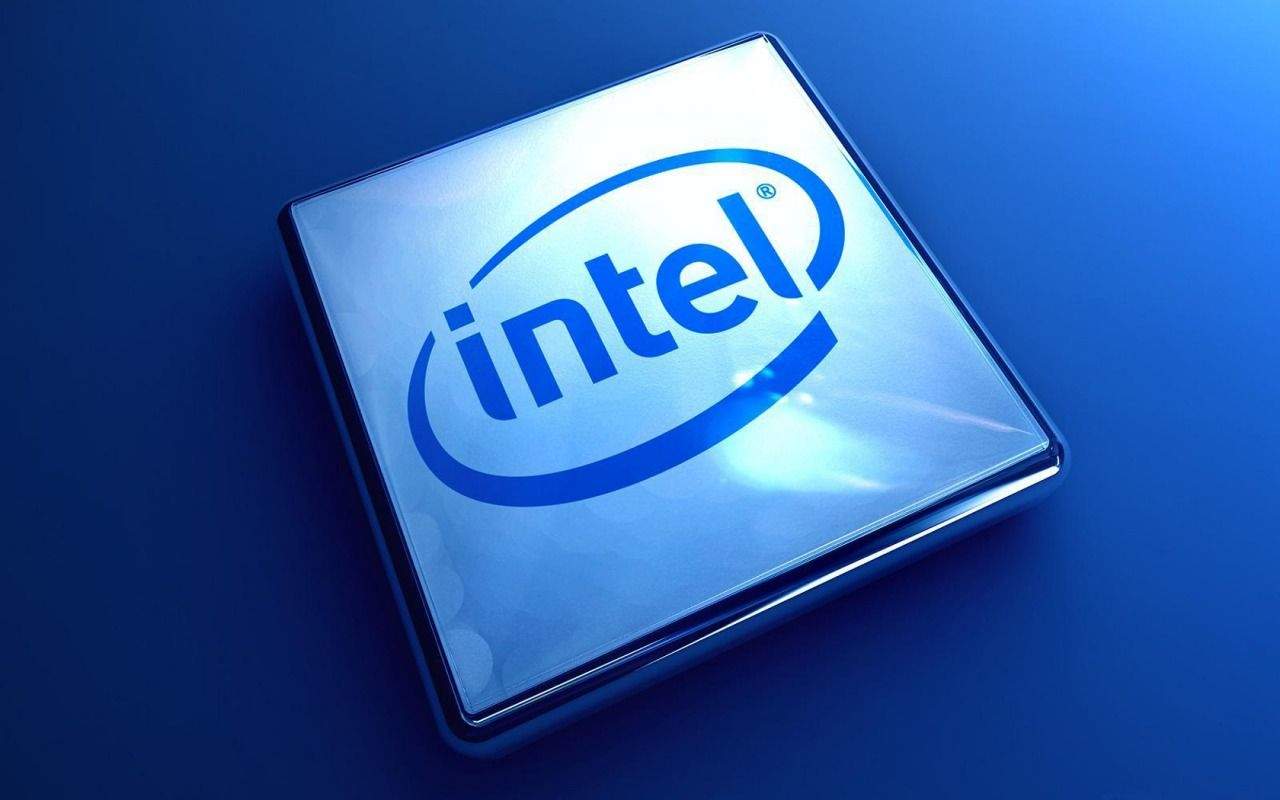Intel is losing against ARM when it comes to mobile. This is incontrovertible. In smartphones and tablets, Intel’s chips just haven’t been able to compete with the likes of Apple, Samsung, Qualcomm, and Nvidia…. despite the billions of dollars Intel has spent trying to heavily subsidize things like Atom-powered Android phones.
Not so surprisingly, Intel’s mobile and tablet business isn’t profitable. But Intel’s about to do a little bit of creative accounting to make it’s mobile and tablet divisions profitable: merge them into the PC division.
The idea here is simple. Intel is still unmatched on the desktop, but it’s mobile and tablet sales are an embarrassment… and any potential vendors who might be considering an Intel chip in their smartphone or tablet, or investors hoping to plunk down on a blue chip, know it. By merging the two divisions, Intel’s PC division will take a profit hit, true, but Intel might be able to obscure the true extent of their mobile failure from potential customers and investors.
Of course, Intel is justifying this by claiming that the line between phones and computers are blurring. But that’s nonsense: there’s still a huge divide between a laptop and a smartphone, or a tablet and a PC. We might get there eventually, but we’re not there yet: Intel’s simply trying to prop up a failed business with a successful one.
The new merged unit will be led by PC boss Kirk Skaugen while his mobile counterpart, Hermann Eul, will remain to help with the transition until Intel finds him another post by next year. As for Intel’s smartphone business, don’t expect much change there until 2015, when an internal reorganization will be completed. Maybe Intel will finally figure out its mobile business then.
Source: Bloomberg



3 responses to “Burned by Apple, Intel tries to hide its unprofitable mobile chip division”
As an xt890 owner who got burned – I’d say good riddance to them…that’s the last time I invest in an intel powered phone.
Back in the day, SPS – Motorola’s “Semiconductor Products Sector” was wildly profitable. Then sector lead, Hector Ruiz, did some similar creative types of accounting to move profits around to shore up less profitable divisions. Then Mot comes along and says “Hey… SPS isn’t as profitable as it should be. Let’s spin it off.”
There go all the profits, and he earned the name “Hector the Sector Wrecker” – let’s hope Intel is better at that too.
Apple didn’t BURN Intel. Intel burned Intel. Intel declined on making ARM chips for Apple back in the beginning. Had they done the deal with Apple back in the beginning, then Intel would be the premier ARM processor mfg for Apple and then Samsung would have less access to seeing what Apple’s working on. Apple on the flip side needs to partner with companies that are less likely going to copy them, but unfortunately it’s a little too late for that. Had Eric Schmidt not been on Apple’s board, Intel was making Apple’s ARM processors and Apple able to go with other component suppliers of screen technology, then Samsung and Google and others would have less or no access to what’s on Apple’s drawing board and they couldn’t copy Apple as quickly. Apple has to choose their business partners more carefully if they want to protect their product designs better. The problem is companies like Samsung, LG, and others that make components for the computer, tablet, smartphone markets and then go behind their backs and create copy cat products and compete against Apple. Imagine how different the industry would be if Apple chose component suppliers that weren’t going to copy cat and compete with them? Android would have not been as successful because it would have been 2 1/2 years behind in product development.